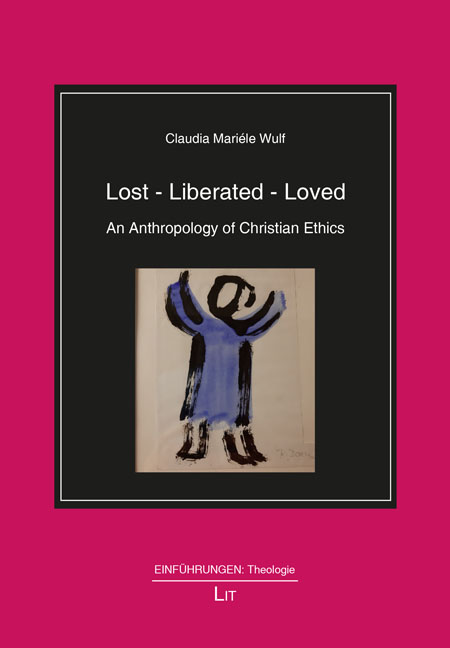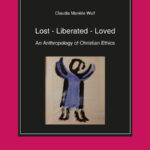Beschreibung
Christian ethics, also called moral theology in the tradition, is one of the most controversial topics within theology, as well as outside it. Yet the goal of these ethics is `a life in fullness and freedom’. Without ethical guidelines and personal responsibility, a life cannot succeed. Norms and laws aim to create space for life and protect it. To fill this freedom, people are responsible for that. And being responsible means: owing an answer to someone. Ethics therefore always takes place in relation: to one’s own conscience, to the good that can be accomplished, and in relation to other living beings and nature. Christian ethics, moreover, places this responsibility in relation to God.
People are free, but also limited; they hurt each other and need forgiveness and reconciliation. Often people can reconcile with each other, but sometimes accounts remain open: the evil was too great or the reconciliation failed. Christian theology can refer to redemption here. It is just not easy to reconcile its content with the everyday reality of modern people.
This systematic introduction to moral theology offers an explanation in understandable anthropological terms. It shows how the Christian message provides a meaningful answer to the open question of how a human life can succeed. Anyone who tries to mediate meaningfully between tradition and modernity in the pastoral practice of the church will find this book a guide.
Mari’ele Wulf, Dr. phil., Dr. theol. habil., gained her view on redemption as pastoral counselor in St. Gallen/CH, transferred it to students as professor of moral theology in Tilburg/NL and is meanwhile the director of the Centre for Safeguarding of Minors and Vulnerable Adults at St. Paul University, Ottawa/CA and full professor for Safeguarding issues.


